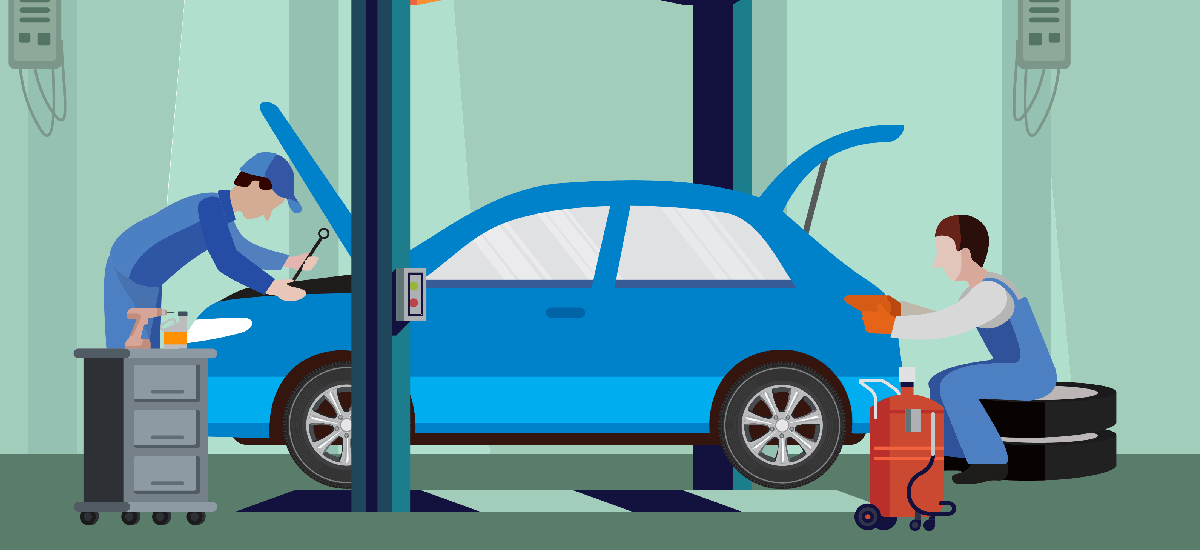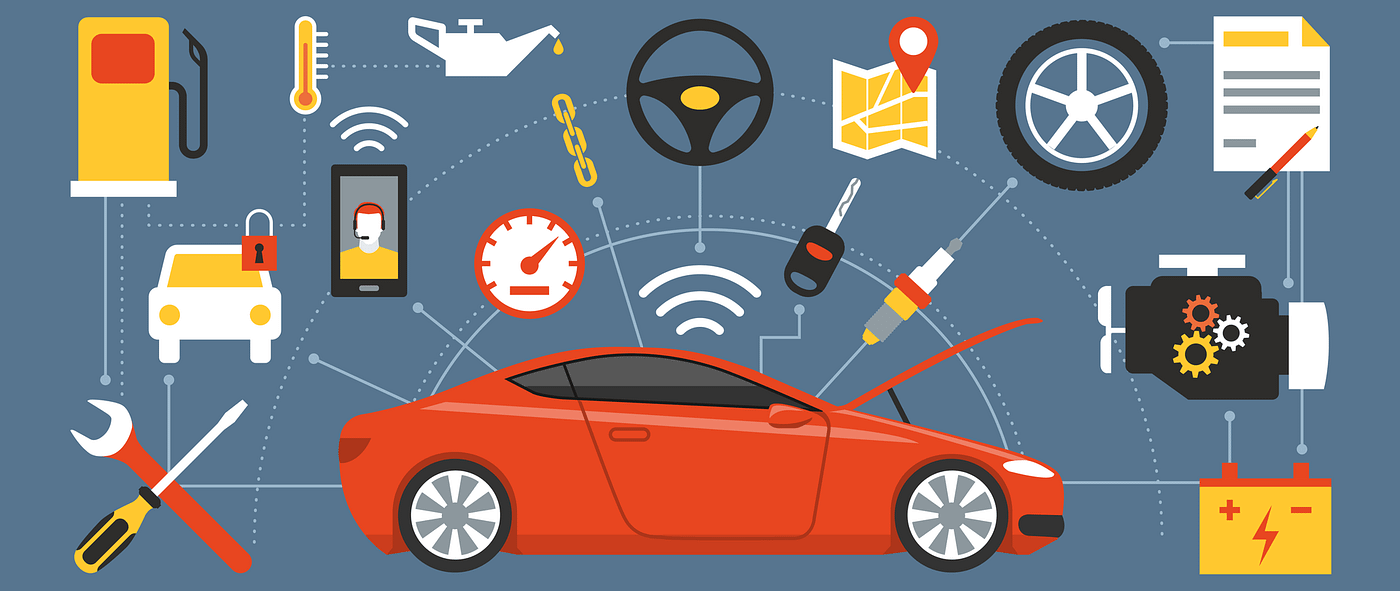All Categories
Featured

When it comes to car repairs, one of the most significant choices you'll face is whether to choose for Original Equipment Producer (OEM) components or aftermarket components. Listed below, we discover the advantages and factors to consider of both OEM and aftermarket parts to help you pick the right alternative for your next lorry repair.

What Are OEM Components? OEM components are made by the same firm that made the components in your automobile when it was initial built. They are created especially for your make and version, guaranteeing excellent compatibility and high-quality efficiency. Because OEM components coincide ones made use of in the initial assembly of your vehicle, they have a tendency to satisfy the same high criteria set by the supplier.
One of the primary advantages of selecting OEM parts is the guarantee of high quality and integrity. If your automobile is still under service warranty, using OEM parts for repair work can help guarantee that your warranty remains valid.

What Are Aftermarket Components? Aftermarket parts, on the other hand, are generated by third-party producers who may not be directly associated with the automobile's initial supplier. These components are developed to fit a range of cars and are typically more economical than OEM components. While numerous aftermarket parts are of high top quality, they can vary considerably between producers.
Considering that these components are mass-produced and do not have the same expenses prices as OEM parts, they are normally priced lower. In addition, aftermarket components can provide boosted performance or visual enhancements over OEM parts.
Benefits of OEM Components. Surefire Fit and High quality: OEM components are created to meet the precise specifications of your lorry, guaranteeing a best fit and maintaining the efficiency requirements that the manufacturer intended. Warranty: Many OEM parts feature a warranty, supplying assurance in situation the part is faulty or falls short too soon. Resale Worth: If you intend on offering your auto, utilizing OEM components can aid maintain its resale worth considering that potential customers usually seek vehicles that have been repaired with original components. Lorry Honesty: Using OEM components helps ensure that your vehicle continues to do as intended by the maker, maintaining it in optimal problem. Advantages of Aftermarket Parts. Reduced Price: Aftermarket components are commonly a lot more inexpensive, which can be a significant consideration if you get on a spending plan or aiming to save cash on fixings. Variety and Customization: Aftermarket parts supply a wide array of alternatives, especially for efficiency upgrades or cosmetic modifications, allowing you to individualize your lorry or improve its efficiency. Wide Accessibility: Aftermarket parts are normally simpler to discover than OEM parts, especially for older cars or hard-to-find parts. Efficiency Enhancements: In many cases, aftermarket parts are made to offer premium performance, such as far better brakes or higher-flow air filters that enhance horse power. Negative Aspects of OEM Components. Greater Price: OEM components have a tendency to be extra costly than aftermarket options, which might be a downside for automobile owners on a limited budget plan. Minimal Choices for Customization: OEM components are made to replace the initial parts without any enhancements, so they may not use performance upgrades or visual modifications. Availability: Depending upon the make and design of your automobile, OEM components can sometimes be hard to find, particularly if your car is older or has been terminated. Negative Aspects of Aftermarket Components. Irregular High quality: The top quality of aftermarket components can vary significantly between producers. While some are made with top notch products, others may be much less sturdy or badly created, which might lead to faster damage. Prospective Fitment Issues: Aftermarket parts may not always fit your lorry as exactly as OEM parts, bring about possible compatibility problems or extra job throughout installation. Guarantee Worries: Making use of aftermarket parts may nullify your supplier's service warranty or cause issues if a failure takes place that relates to the aftermarket element. How to Make a decision Between OEM and Aftermarket Components. Selecting in between OEM and aftermarket components relies on several factors, including your budget, the age and problem of your lorry, and your particular repair work needs.
Spending plan: If expense is your primary worry, aftermarket components are typically the more budget friendly selection. However, it is very important to consider the long-lasting value of your choice. If you go with a more affordable aftermarket component that doesn't do well or needs regular substitutes, you may end up investing more over time. Automobile Age and Condition: For newer automobiles still under guarantee or those in superb problem, OEM parts are generally recommended to maintain the vehicle's honesty and guarantee it remains to operate as intended. For older lorries, aftermarket parts might provide a more affordable service without compromising performance. Repair service Kind: Some repairs, especially safety-related parts like air bags or brake systems, are best handled with OEM components to make sure optimum safety and dependability. For non-essential repair work or efficiency upgrades, aftermarket components might use a good equilibrium in between expense and efficiency. Conclusion. The decision between OEM and aftermarket parts depends on your certain requirements, preferences, and budget plan. While OEM parts offer guaranteed high quality and reliability, aftermarket parts offer price savings and the chance for performance improvements or personalization.
Latest Posts
Picking the Right Monitoring Account for Your Requirements
Published Apr 19, 25
1 min read
Auto Repair Services: Professional Vehicle Care & Fixes !
Published Apr 19, 25
2 min read
Audio-Visual Services for Unforgettable Events
Published Apr 19, 25
1 min read